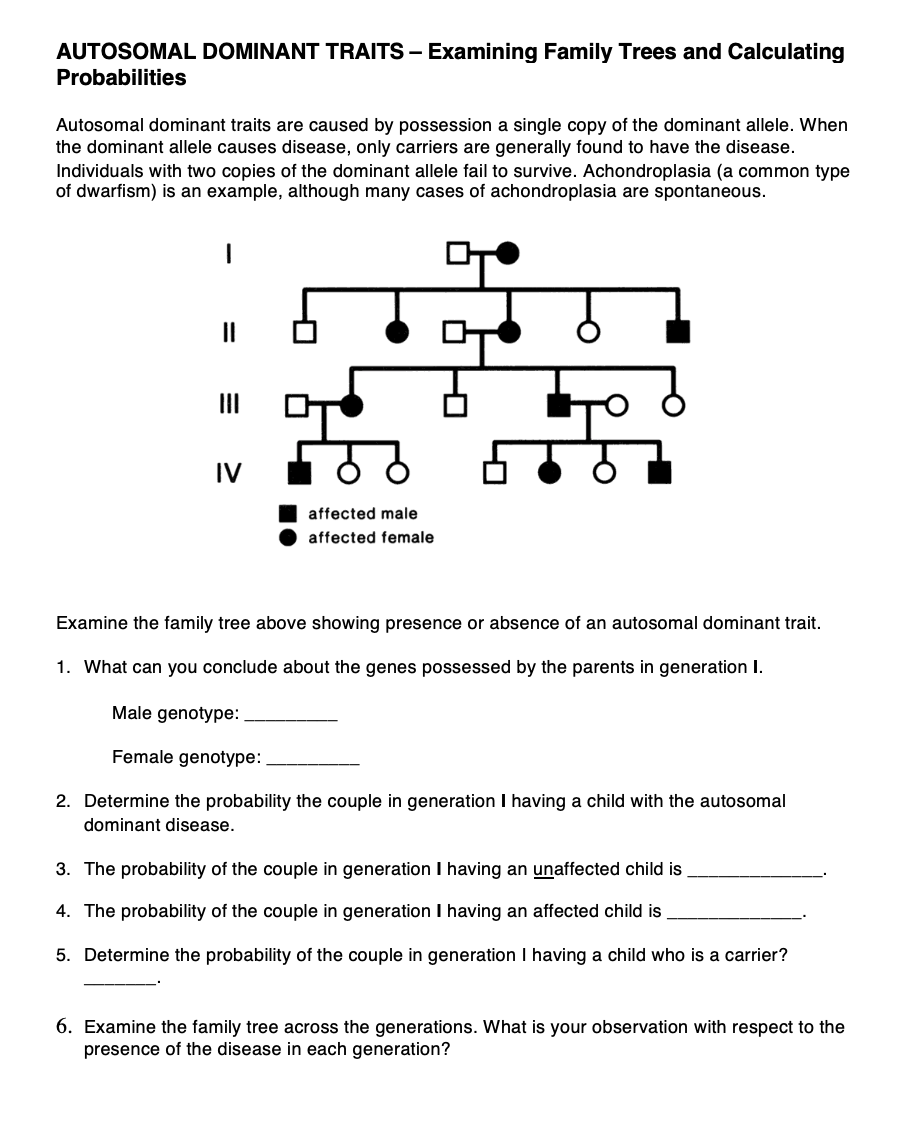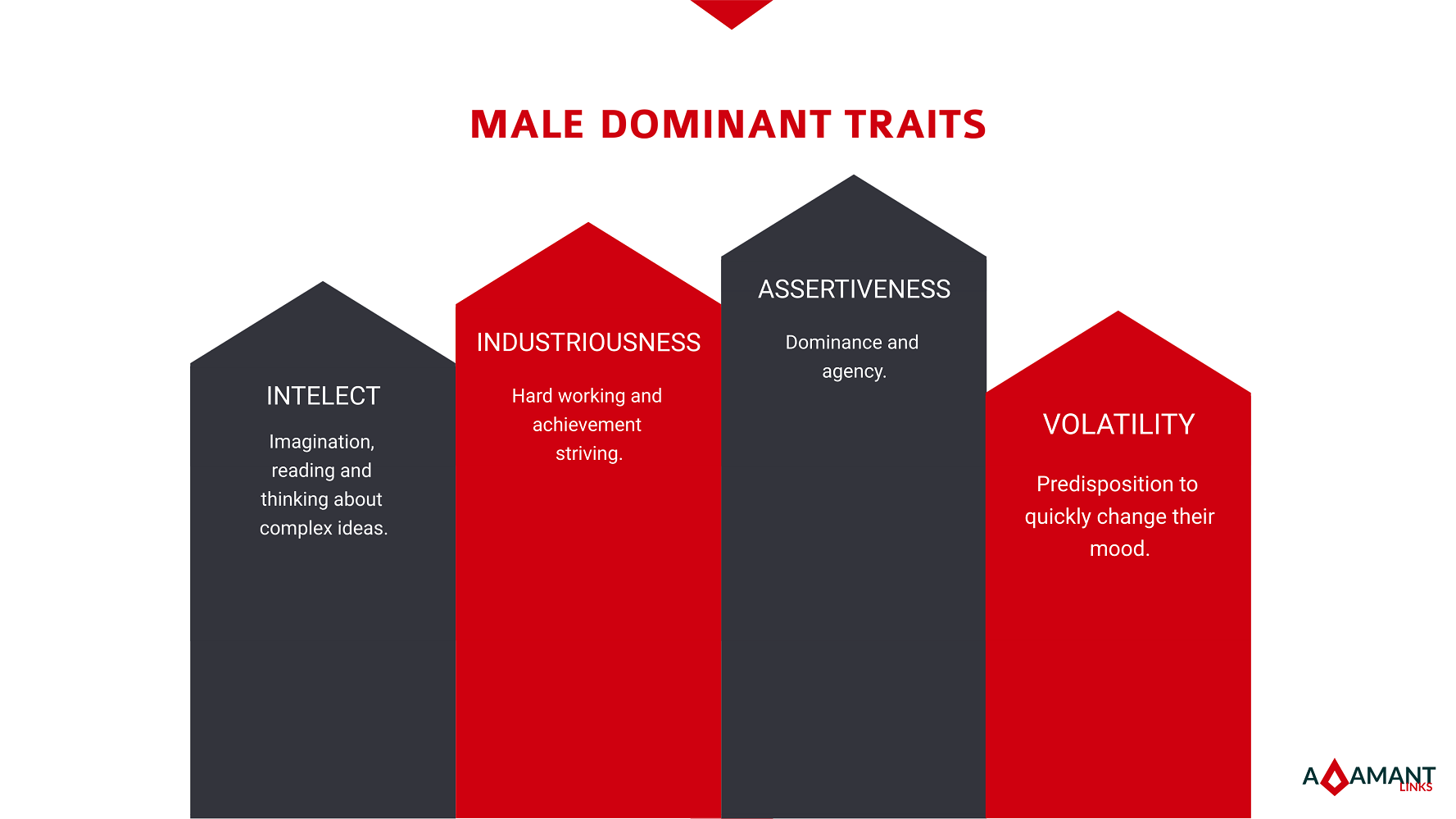


The authors suggest that future areas of study should look at men who are being harassed by women and other men and why they do not report it ( Waldo, Berdahl, & Fitzgerald, 1998). They discovered that male professors receive casual unwanted sexual attention, but appear to experience actual sexual harassment from students at about the same rate as females. These scholars found that professors may also be victims of sexual harassment from students.

It is normally assumed that professors would likely be the sexual harassment perpetrators. Matchen and DeSouza (2000) studied a unique perception of sexual harassment in the university setting. Burgess and Borgida (1997) reported that women view unwanted sexual attention as more harassing, threatening, inappropriate, and uncomfortable than do men. This behavior may also cause women to become intimidated, discouraged, or lead to termination from work. This is intended to maintain male dominance in the workplace and can often lead to economic discrimination and emotional distress. Tangri, Burt, and Johnson (1982) described sexual harassment as a means of carrying out unequal male–female interactions based upon established sex status norms. It was explained by Benson (1984) and Grauerholz (1989) that even men in inferior social and economic roles sense that they can harass women, which indicates an example of male feelings of dominance. MacKinnon (1979) indicated that the unequal status of women in the workplace can sometimes lead to sexual harassment. A number of earlier writers generally support that belief. Kim and Fiske (1999) supported the view that, whatever form it takes, sexual harassment is predominantly about male dominance and superiority.

Robinson, in Treating Worker Dissatisfaction During Economic Change, 2013 Sexual Harassment Perpetrators Supervision, advocacy for victims of sexual harassment, and treatment of eating disorders also constitute important topics in feminist psychotherapy where gender is of utmost importance. Furthermore, the main process in feminist therapy is the search for clients’ sources of power rather than the search for pathologies in people. Feminist theorists assume that social inequality, rather than individual psychopathology, often plays a main role in creating and maintaining many of the difficulties presented by clients in psychotherapy, especially when those clients belong to the oppressed groups. Feminist psychology also mandates that therapists explore, recognize, and understand their own social biases that is, they should cultivate awareness of the influence and importance of those biases in their work as therapists. In so doing, traditional therapies silence women. In denouncing traditional psychotherapies for failing to recognize the harmful effects of sexism, racism, and heterosexism, feminist therapists assert that traditional therapies categorize any behaviors that do not fit the interests of the dominant group as problematic. Feminist therapists advocate that women’s expressions of anger and distrust toward dominant group members can be seen as successful adaptive responses to prejudice and discrimination. Probably more important still is that feminist therapists dispute the tendency of traditional (male-centered) psychotherapies to catalog as normal those attributes identified with the male-dominated mainstream culture and to label as abnormal those characteristics associated with femininity and with minority cultures. Although feminist therapists use diverse therapeutic techniques, they have a common goal of raising awareness of the harmful effects of discrimination on clients, for example, the effects of job discrimination based on gender, race, or sexual orientation. Feminist psychotherapy emerges as a response to male dominance of mental health professions and institutions, and it objects to the role performed by the mental health establishment in maintaining social and power inequities between men and women as well as between members of the dominant culture and those of ethnic minority groups. In clinical psychology, feminism has a strong hold in psychotherapy. María Inés Winkler Müller, in Encyclopedia of Applied Psychology, 2004 6 Clinical Psychology and the Feminist Perspective


 0 kommentar(er)
0 kommentar(er)
